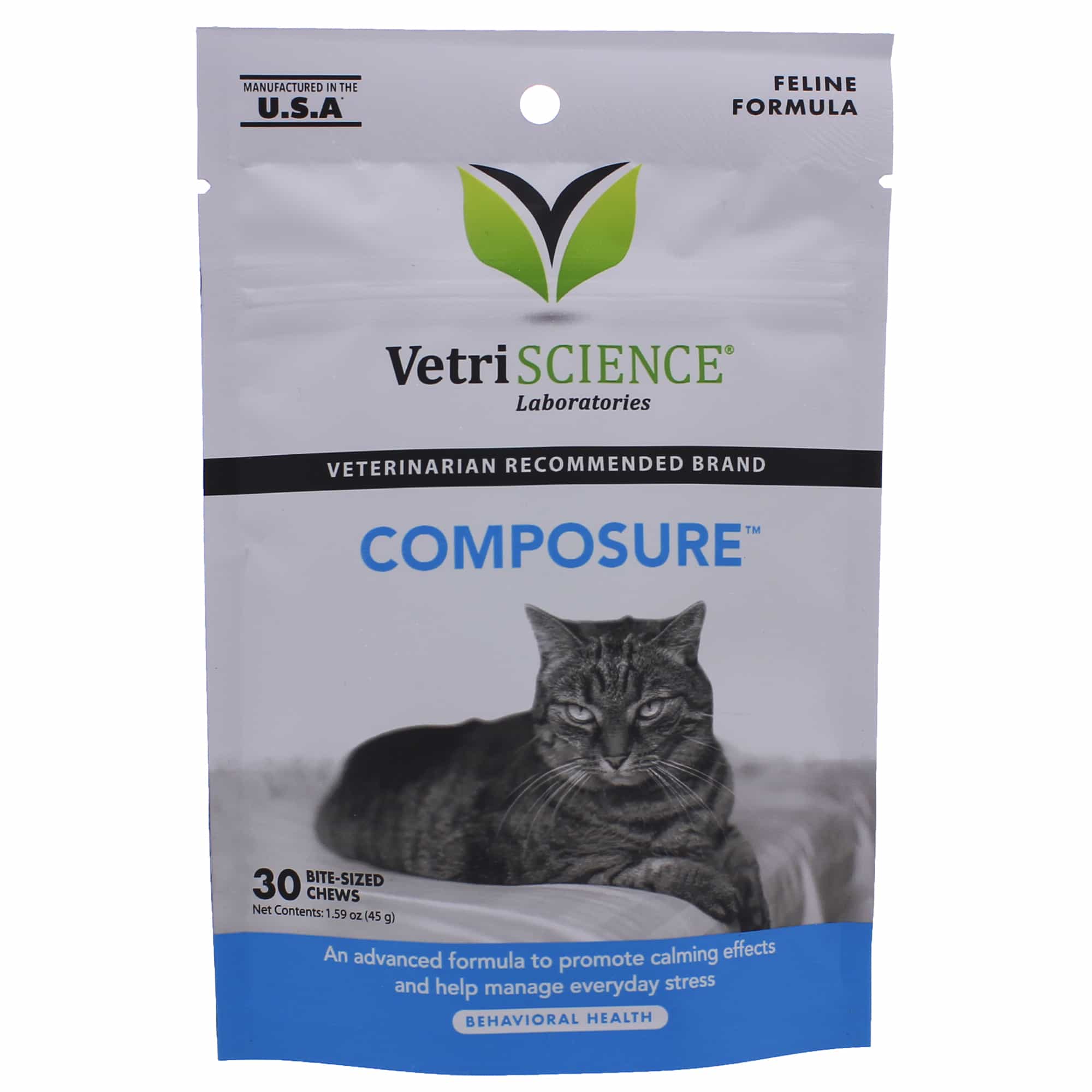

The overall effect size or how much betaine benefits the subject seem to be quite small, and at this moment in time all studies finding benefit with betaine supplementation have been associated with Danisco (DuPont Nutrition) a producer of betaine. When taken at 1.25g twice daily, betaine has at times been linked to increased power output (only to fail in other instances) and minor increases in workout volume and endurance (a bit more reliable than power output, but still not a consensus). In theory it should be highly protective, but studies directly evaluating links between betaine supplementation and improved health biomarkers do not yet exist.įinally, betaine has been recommended as a performance enhancing compound, although with quite unreliable results. In regards to health, betaine shows the most promise for liver and cardioprotection. It is thought that reducing homocysteine is protective of the heart, but a direct link between betaine supplementation and cardiovascular protection in humans has not yet been established.Įlsewhere, although the evidence is a bit confusing at this time (preliminary evidence showing amazing promise and the one controlled study failing to replicate it, but more research being needed to confirm) betaine may have a role in treating fatty liver and the associated liver fibrosis when taken at high doses(20g daily). Correlation does not indicate causation, however, so it is not clear whether homocysteine is merely an indicator of problems (a biomarker) or may actually promote cardiovascular dysfunction. when homocysteine is elevated then the subject is also at a higher risk for problems). Homocysteine is known to be elevated in persons with cardiovascular health issues and is a biomarker of cardiovascular complications (ie.

Betaine has been found to reduce homocysteine by 10% in persons with normal levels or by 20-40% in persons with elevated homocysteine levels. A single dose of betaine reduces homocysteine levels, which remain suppressed as long as supplementation is continues. When looking at the human evidence at this moment in time, it appears that betaine is effective and reliable for reducing homocysteine concentrations when taken daily at 3g or more. It also indirectly affects folate and SAMe metabolism to support whole body methylation. Betaine can directly methylate homocysteine, which is cardioprotective. Betaine (also known as TMG) is an ‘osmolyte’, a molecule that regulates water balance in cells. Similar to Creatine, increased intracellular concentrations of betaine promote cell hydration and resilience to stressors. The other major mechanism is that betaine is as an osmolyte, or a molecule that is shuttled in and out of a cell to affect its hydration status. Due to this, supplementation of betaine is able to indirectly support whole-body methylation, and directly support a reduction in homocysteine (which is reliably observed following moderate to high dose supplementation. The main mechanisms of betaine are either its usage as a methyl donor, where it either directly donates a methyl group to reduce homocysteine into L-methionine (seen as cardioprotective) or it increases bodily levels of S-Adenosyl Methionine (SAMe) or active folate molecules, and those two can then go on to donate methyl groups to other parts of the body. It is known as a 'betaine' molecule ('betaine' being a category of molecules), but because it was the first dietary betaine discovered (from beetroot) and it is the most popular molecule referred to as a betaine, the terms ‘trimethylglycine’ and ‘betaine’ are used interchangeably. Trimethylglycine (TMG) is a molecule which, structurally, is the amino acid Glycine with three methyl groups attached to it.


 0 kommentar(er)
0 kommentar(er)
